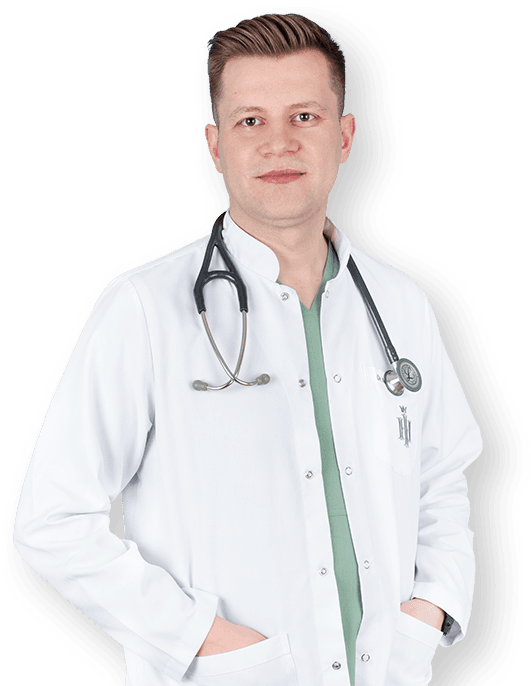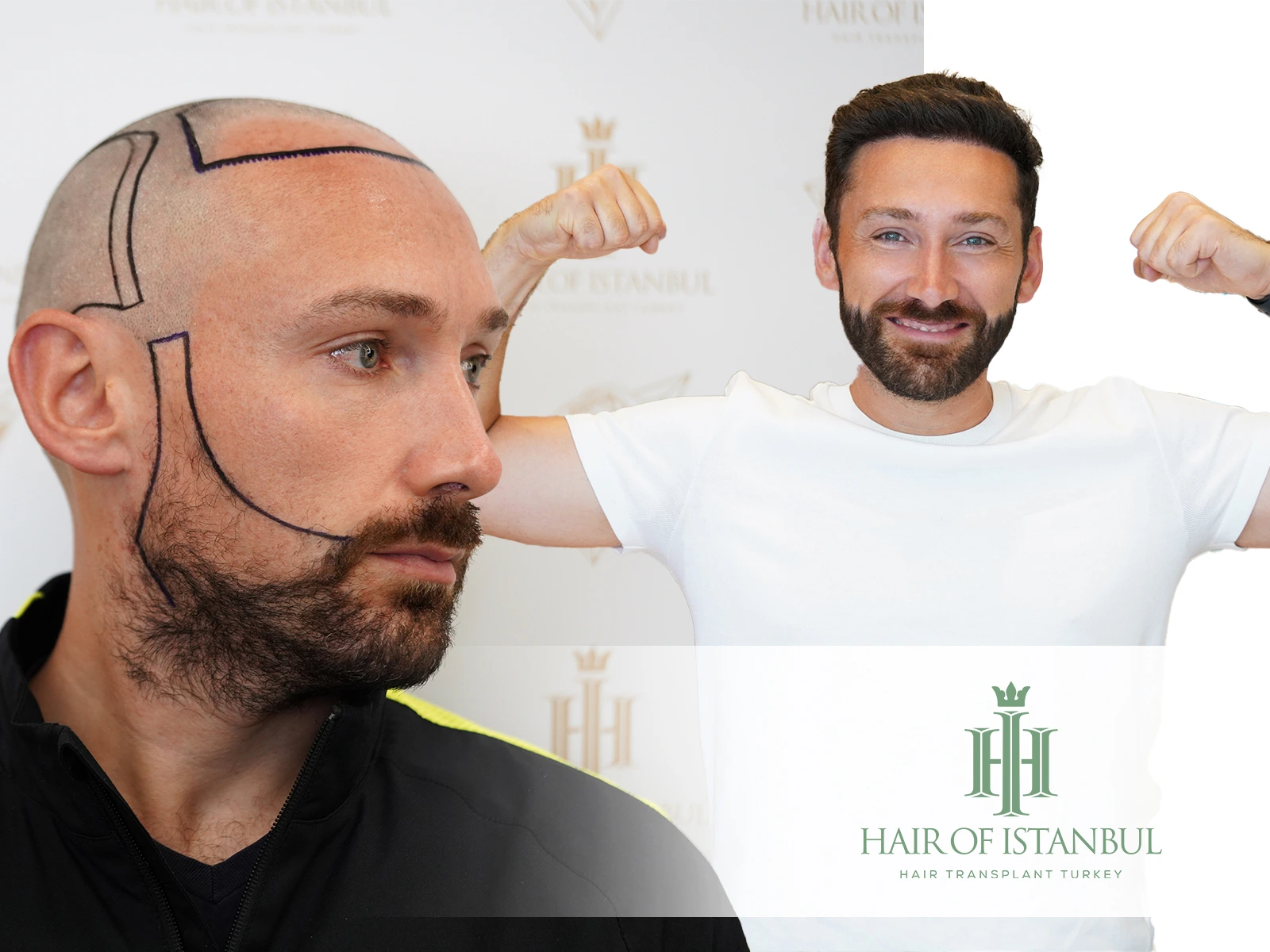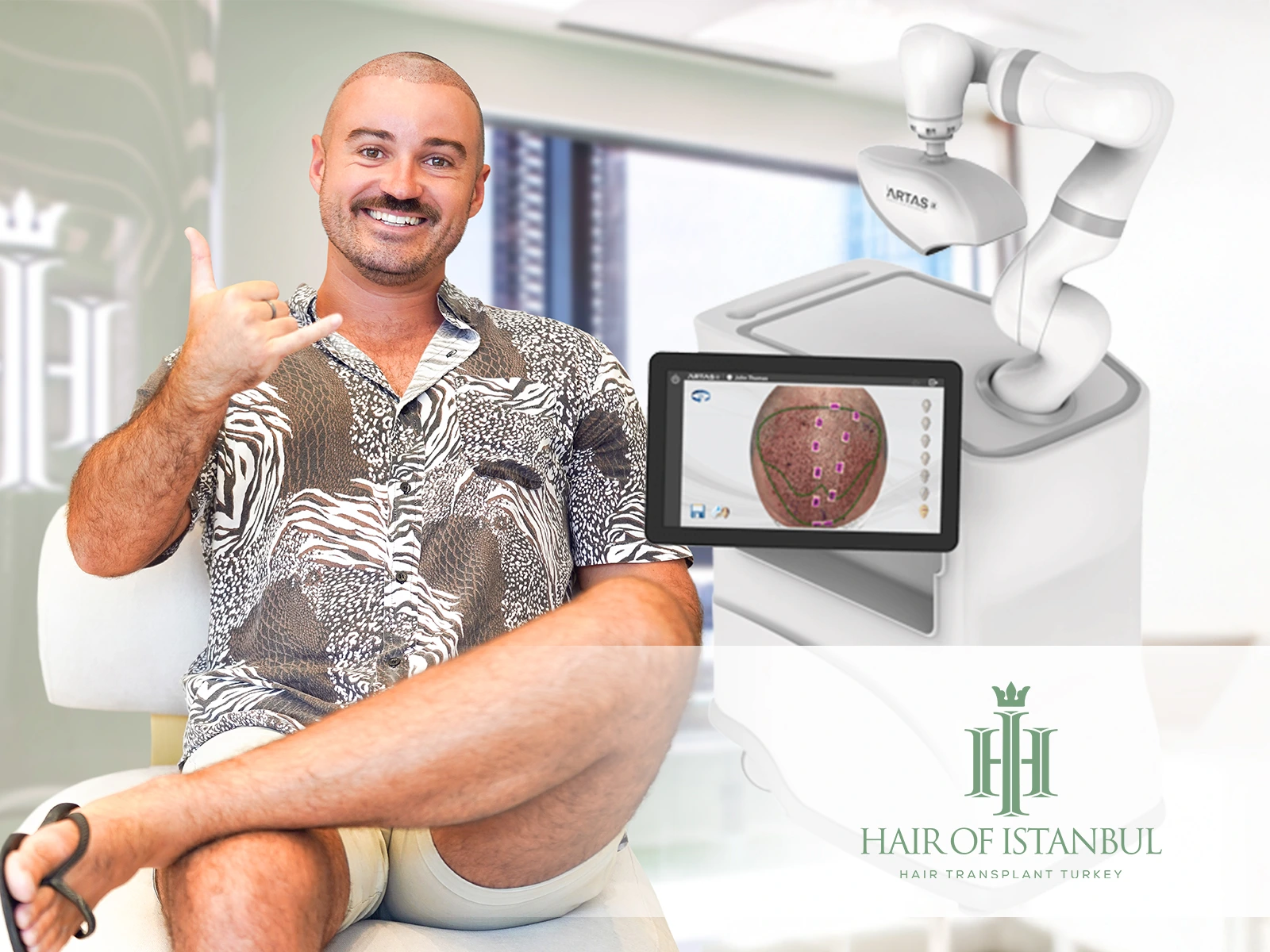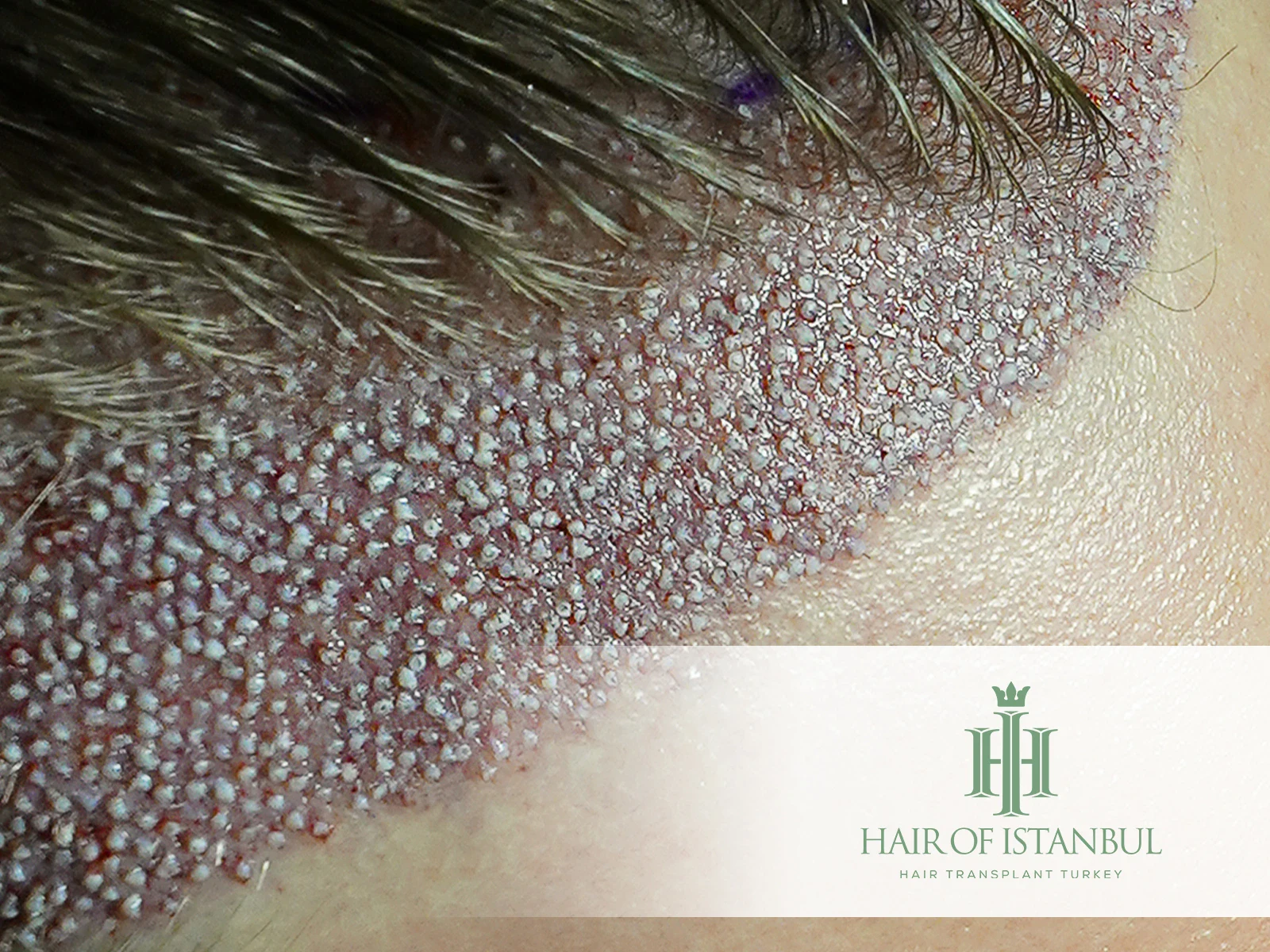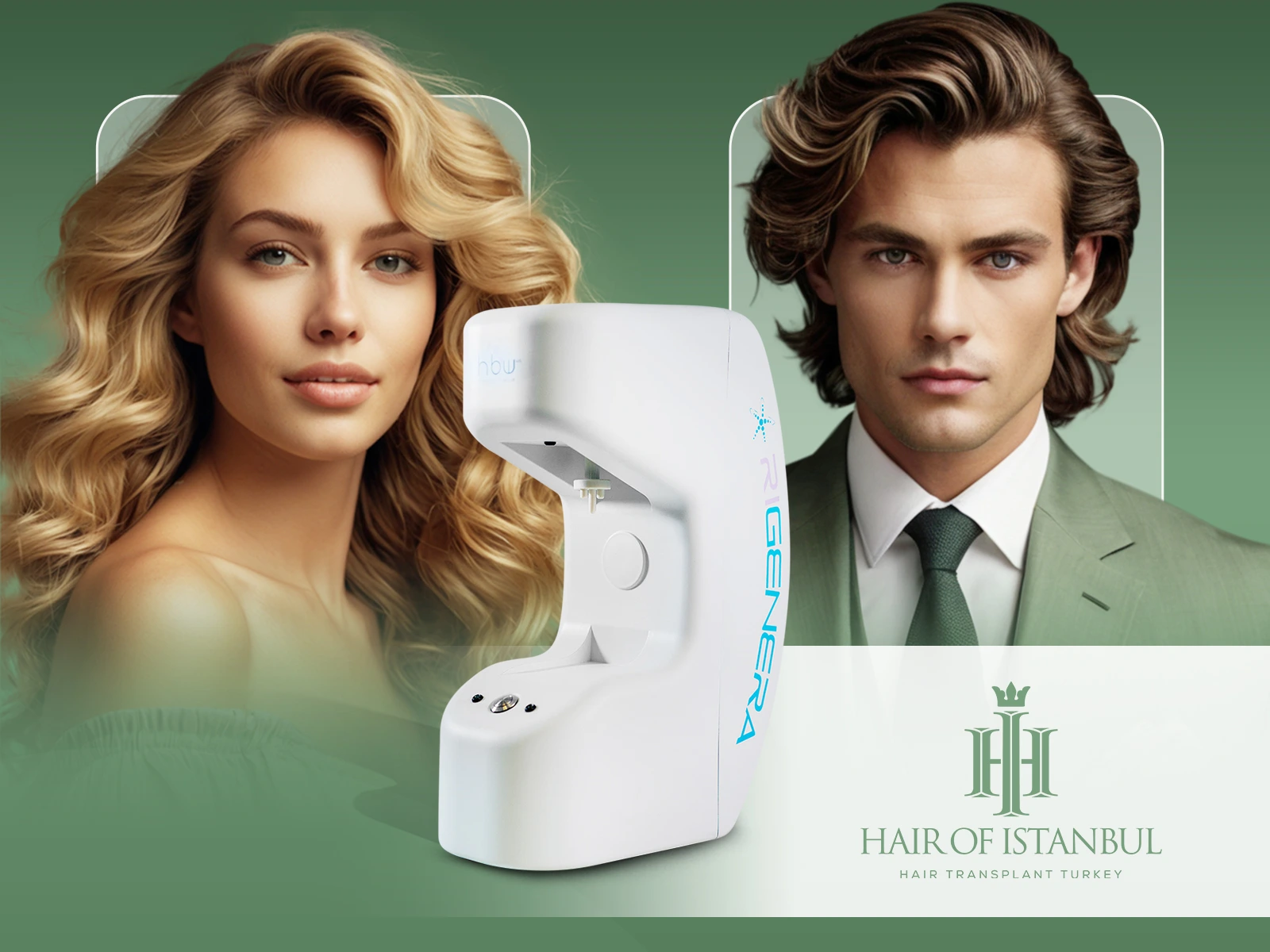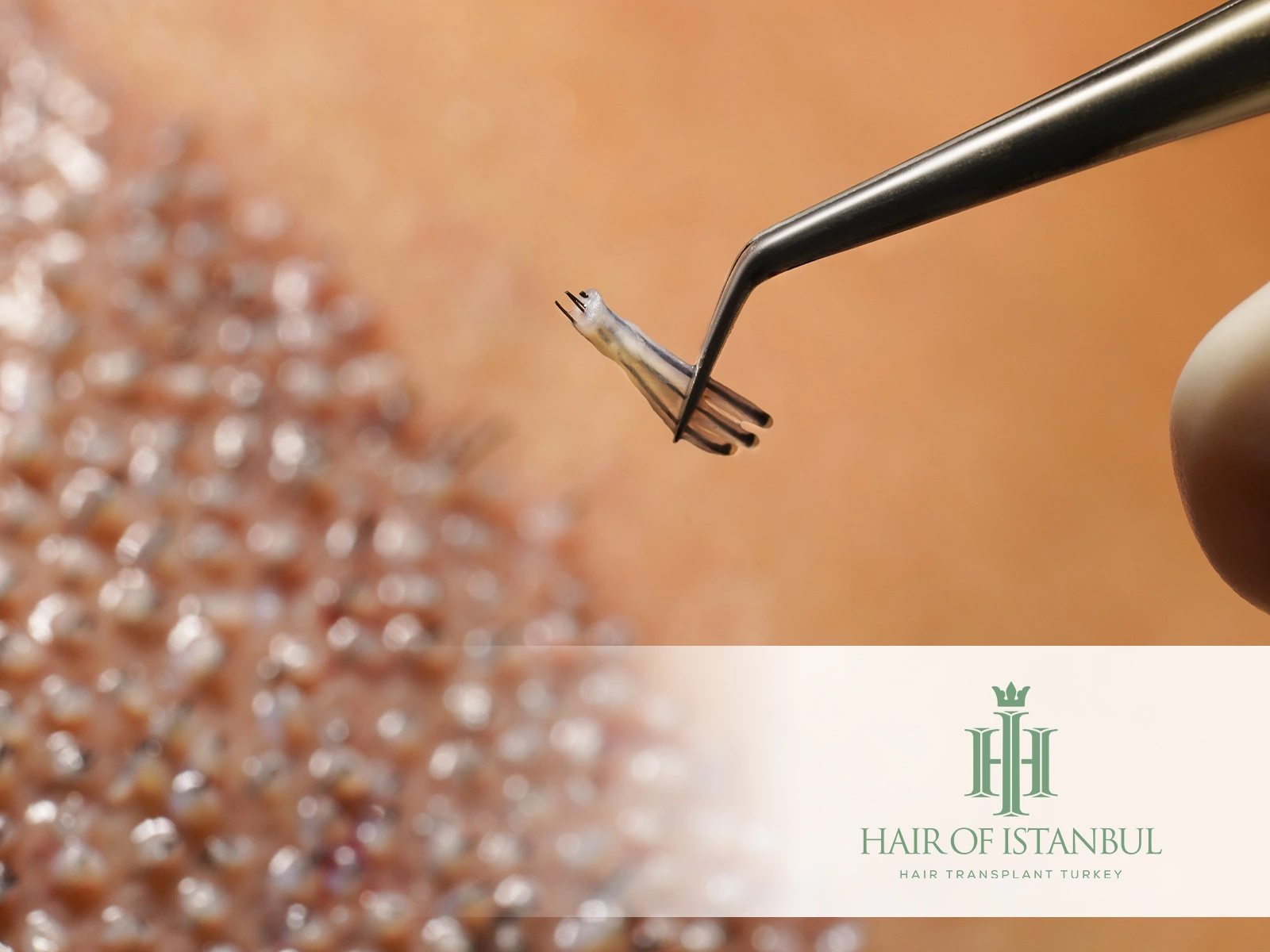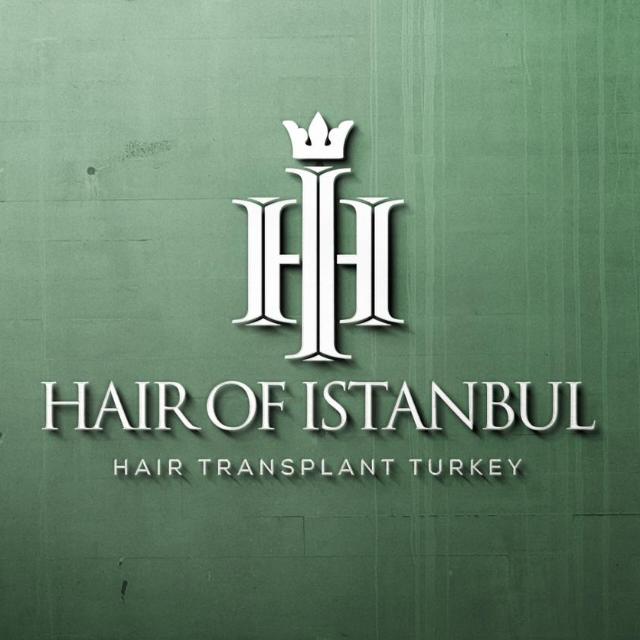Do Steroids Cause Hair Loss? Uncover Important Facts!
In the quest for enhanced performance or a transformed physique, many turn to steroids, often without fully understanding the potential side effects. Among these, hair loss stands out as a particularly distressing possibility. This article delves into the relationship between steroid use and hair health, exploring how these powerful substances might lead to thinning or loss of hair.
We’ll unravel the science behind this phenomenon, identify which types of steroids are most likely to affect your hair, and discuss ways to mitigate these effects. Whether you’re considering steroids or seeking ways to protect your hair, understanding the implications is crucial for making informed decisions.
So, let’s embark on a journey through the complexities of steroids and hair loss, aiming to provide clear, concise information for your well-being and peace of mind.
Why Do Steroids Cause Hair Loss?
Anabolic steroids, while structurally similar to testosterone, possess distinct differences that can significantly influence bodily functions. One of the primary impacts of these differences is the stimulation of dihydrotestosterone (DHT) production, a hormone closely linked with androgenetic alopecia, commonly seen in male and female pattern baldness. [1]
| Structural Similarity: | Anabolic steroids are structurally similar to testosterone, yet have distinct differences. |
| DHT Production: | They stimulate the production of dihydrotestosterone (DHT), a potent form of testosterone. |
| Link to Androgenetic Alopecia: | DHT is closely linked with androgenetic alopecia, known as male and female pattern baldness. |
| Result of Increased DHT: | Increased DHT levels can lead to accelerated hair loss, particularly in those with a genetic predisposition to this condition. |
| Genetic Predisposition Impact: | Individuals with a genetic predisposition for hair loss may experience more rapid thinning or baldness upon using anabolic steroids. |
Also Read: When Can I Wash My Hair Normally After Hair Transplant?
How Common is Hair Loss with Steroids?
Hair loss isn’t a guaranteed side effect of steroid use, but it’s a possible outcome, especially with prolonged or high-dose regimens. The risk varies from one individual to another, influenced by factors such as the type of steroid, dosage, duration of use, and personal sensitivity to these substances.
Typically, a few weeks to several months might pass before one notices thinning or shedding. It’s crucial to understand that while some experience this adverse effect, others may use steroids without any impact on their hair health.
Do All Steroids Cause Hair Loss?
To compile a table of steroids known for causing hair loss, it’s important to note that the tendency of a steroid to cause hair loss largely depends on its likelihood to convert to dihydrotestosterone (DHT), the androgen responsible for androgenetic alopecia. Here is a simplified table listing common steroids and their relative potential for causing hair loss: [2]
| Steroid Name | Potential for Hair Loss | Notes |
| Testosterone: | High | Commonly converts to DHT, leading to higher risk. |
| Dianabol: | High | Known for strong effects, including high DHT levels. |
| Anadrol: | Moderate to High | Potentially less DHT conversion than others. |
| Deca-Durabolin | Low to Moderate | Lower conversion to DHT. |
| Winstrol: | High | Known to have a significant effect on hair loss. |
| Trenbolone: | High | Extremely potent with a high risk of hair loss. |
Also Read: How Many Hair Transplants Can a Person Have?
Which Steroids Don’t Cause Hair Loss?
While it’s true that not all steroids are culprits of hair loss, two common types are often noted for their minimal effects on hair health. Corticosteroids, known for their varied medical uses, are one such type.
Here’s the information presented in a tabular format, focusing on steroids less likely to cause hair loss:
| Corticosteroids: | Skin issues, blood disorders, arthritis, allergies, eye problems. |
| Other Mild Anabolic Steroids: | Some may be used for muscle growth or performance enhancement with lower androgenic effects. |
Do Anabolic Steroids Cause Hair Loss?
Anabolic steroids are well-known for their strong effects, including the potential for hair loss. While not all individuals experience this side effect, it’s a noted risk, especially with prolonged use. Brief or careful usage might not always result in hair loss, but the risk increases with extended periods of intake. Here’s a brief overview of some common anabolic steroids and their association with hair loss:
- Prednisone: Often associated with hair loss, this type of steroid may have a more pronounced effect on men than women.
- Anavar: Utilized for recovery from injuries, infections, and surgeries, Anavar can also lead to hair loss as a side effect.
- Anabolic Steroids: Generally, these are the most commonly associated with hair loss due to their potent nature and significant impact on the body’s hormonal balance.
Do Topical Steroids Cause Hair Loss?
Topical steroids are primarily used in the treatment of limited alopecia areata and sometimes in more widespread cases. While they can be effective in promoting hair regrowth, not all topical steroids are equal. Some, like Anthralin and tretinoin, are known irritants but can paradoxically stimulate hair growth through mechanisms that are still being studied.
Research has delved into various topical steroids, noting that while some help in treating hair loss conditions like alopecia areata, others might inadvertently cause thinning or loss. It’s a delicate balance, emphasizing the importance of professional guidance when using these treatments for hair-related issues. [3]
Also Read: Traction Alopecia: When Is It too Late? The Most Important Signs!
How to Prevent Steroid-Related Hair Loss?
To mitigate hair loss associated with steroids, ceasing their use is often the most effective measure. Should adverse effects emerge, seeking medical advice is essential.
Below is a table highlighting the various other side effects of steroids, which extend beyond hair loss, emphasizing the importance of careful consideration and medical supervision when using these powerful substances. [4]
| Side Effect | Description |
| Infertility: | May impair reproductive capabilities. |
| Impotence: | Affects sexual function and performance |
| Erectile Dysfunction: | Difficulty in achieving or maintaining an erection. |
| Acne: | Can cause severe skin issues, including cystic acne. |
| Gynecomastia: | Enlargement of breast tissue in men. |
| High Blood Pressure: | Increases risk for cardiovascular issues. |
| Increased Risk of Cardiovascular Events: | Higher chances of heart attacks, strokes, and blood clots. |
| Cancer Risk: | Some steroids are linked to an increased risk of certain types of cancer. |
| Mood Swings: | Can lead to significant psychological changes, including aggression. |
| Liver Damage: | Potentially severe impact on liver function. |
Also Read: Does Melatonin Cause Hair Loss? Truth and Rumors!
Is Hair Loss from Steroids Permanent?
Hair loss from steroid use is often not permanent and may cease once the steroid use is stopped. However, if an individual has a genetic predisposition to hair loss, stopping steroids might not completely reverse the condition.
The extent and permanence of hair loss depend on the duration of steroid use, the type of steroid, and personal genetics. In cases where genetics play a significant role, even after ceasing steroid use, hair loss may continue or not fully reverse. Consulting with a healthcare professional can provide more personalized insights and treatment options.
Will Hair Loss From Steroids Grow Back?
Hair loss resulting from steroid use can potentially be reversed, especially with appropriate medical guidance, cessation of steroid use, and possibly the use of medications to encourage hair regrowth. However, the success of these interventions largely depends on individual factors like genetic predisposition to hair loss.
If the hair loss is not solely due to steroids and is compounded by genetic factors, the regrowth may be more challenging. Consulting a healthcare professional is crucial for understanding the underlying causes and exploring the most effective treatment options to encourage hair regrowth. They can provide tailored advice and treatment plans to address the specific needs and circumstances of the individual.
Also Read: Can Dimethicone Cause Hair Loss? Do You Need to Worry?
CONCLUSION
In concluding our exploration of the complex interplay between steroids and hair loss, it’s evident that knowledge and careful consideration are essential. At Hair of Istanbul, we not only prioritize your overall well-being but also specialize in hair transplant services, providing a definitive solution for those facing hair loss challenges. Our commitment to hair health is demonstrated through our state-of-the-art hair transplant techniques and the personalized care we offer each client.
With our expertise in hair restoration, we guide you through the process of reclaiming your hair’s vitality, ensuring you make informed decisions that enhance both your health and confidence. Our team’s dedication extends to offering you the most advanced hair transplant options, tailored to meet your unique needs and expectations.
We invite you to visit Hair of Istanbul to discover how our specialized services and personalized approach can be pivotal in your journey towards achieving robust, healthy, and naturally restored hair.
References:
[1] Rebecca M, Feb 3, 2023 – Do Steroids Cause Hair Loss? – https://wimpoleclinic.com/blog/do-steroids-cause-hair-loss/
[2] Nefollics, May 3, 2023 – Steroids hair loss – https://neofollics.com/blogs/articles/do-steroids-cause-hair-loss
[3] COMPARATIVE ASSESSMENT OF TOPICAL STEROIDS, TOPICAL TRETENOIN (0.05%) AND DITHRANOL PASTE IN ALOPECIA AREATA – https://www.ncbi.nlm.nih.gov/pmc/articles/PMC2887518/
[4] Chicago Hair Institue, Sep 15, 2015 – ome Steroids May Cause Hair Loss: What You Can Do – https://www.chicagohairinstitute.com/blog/2015/09/15/some-steroids-may-cause-hair-162665
